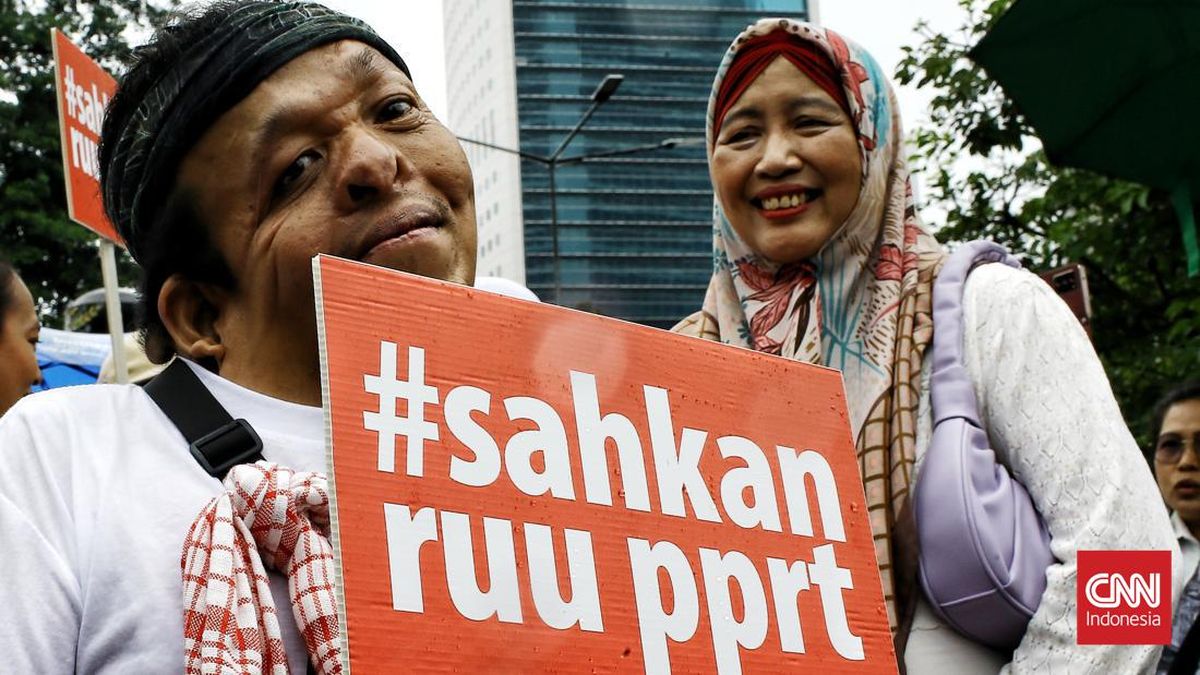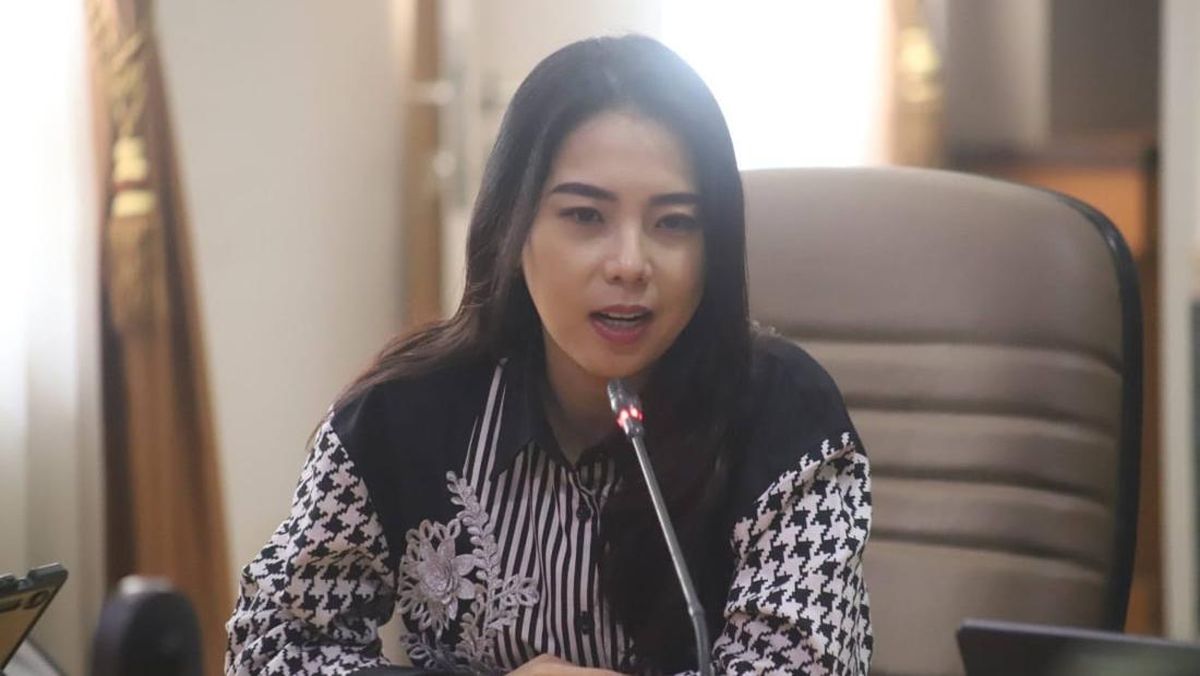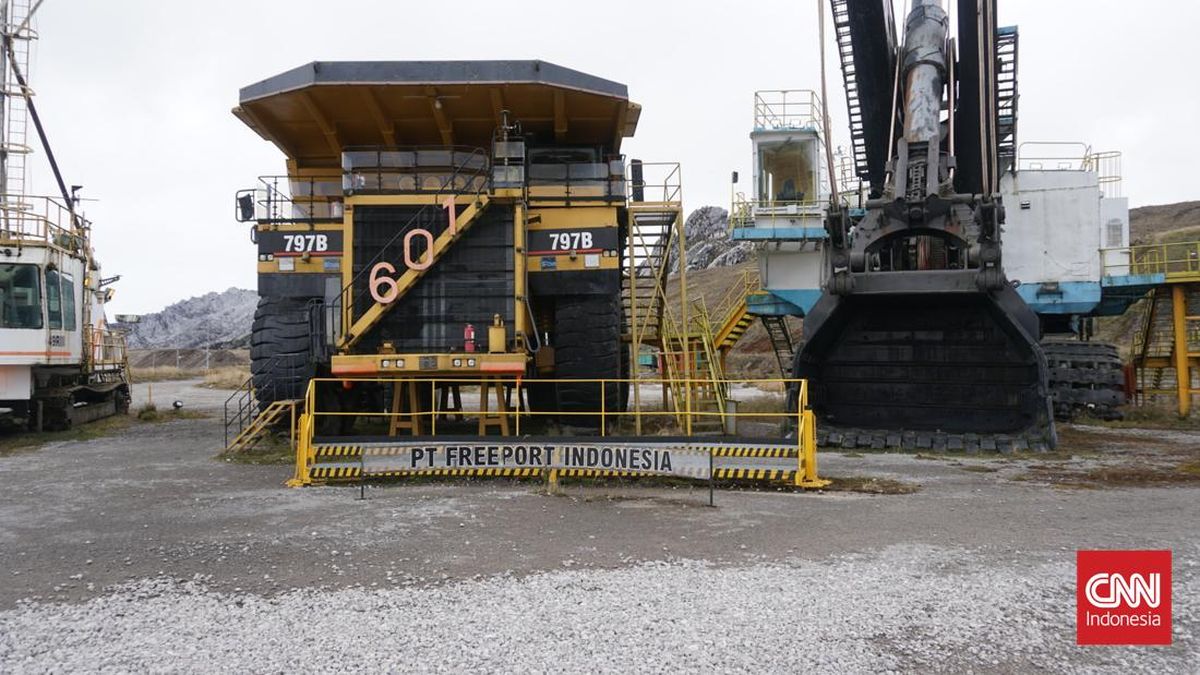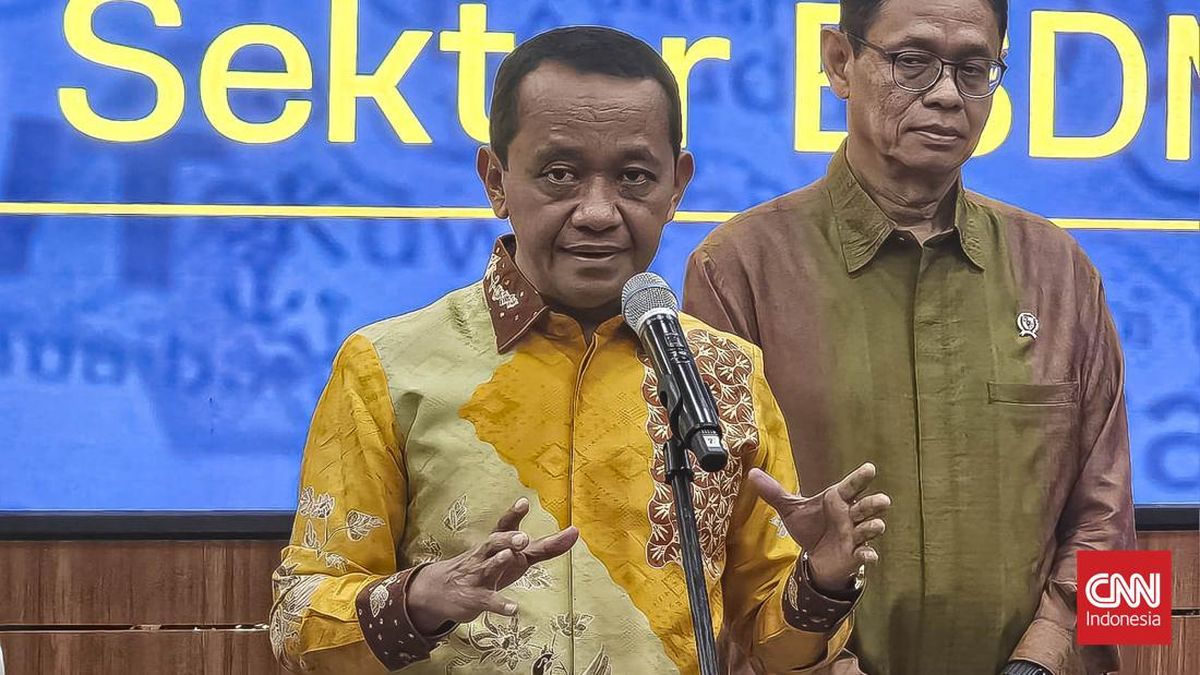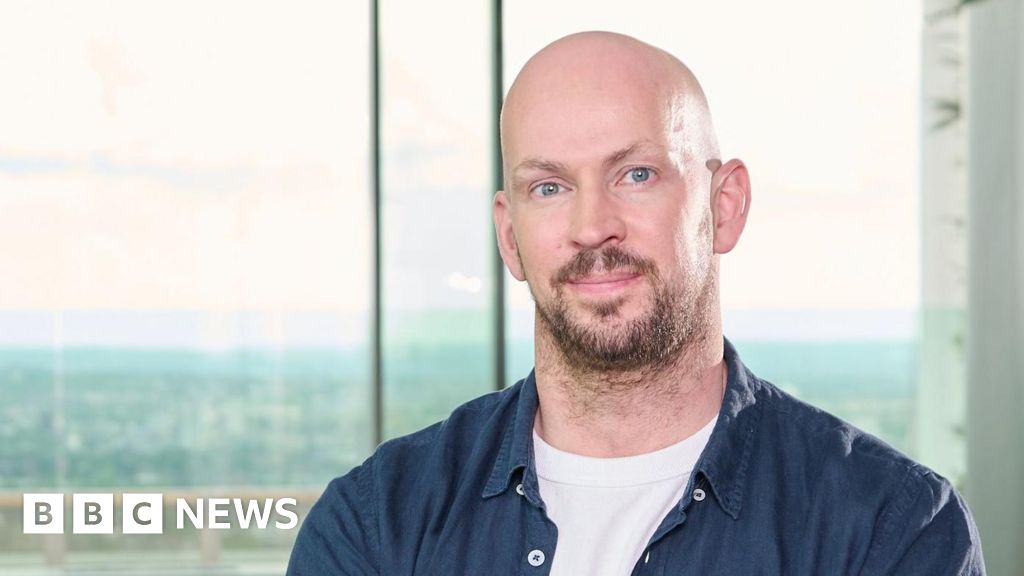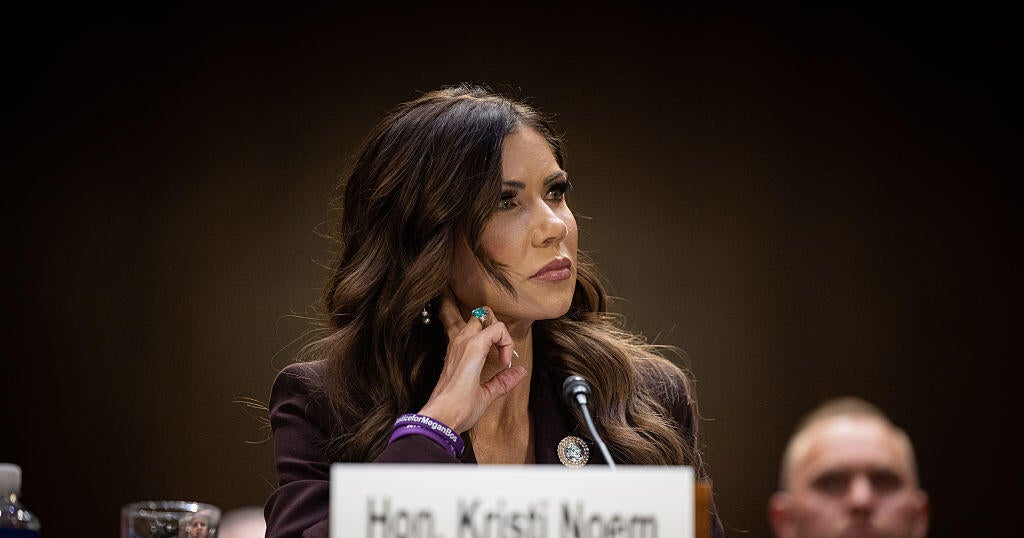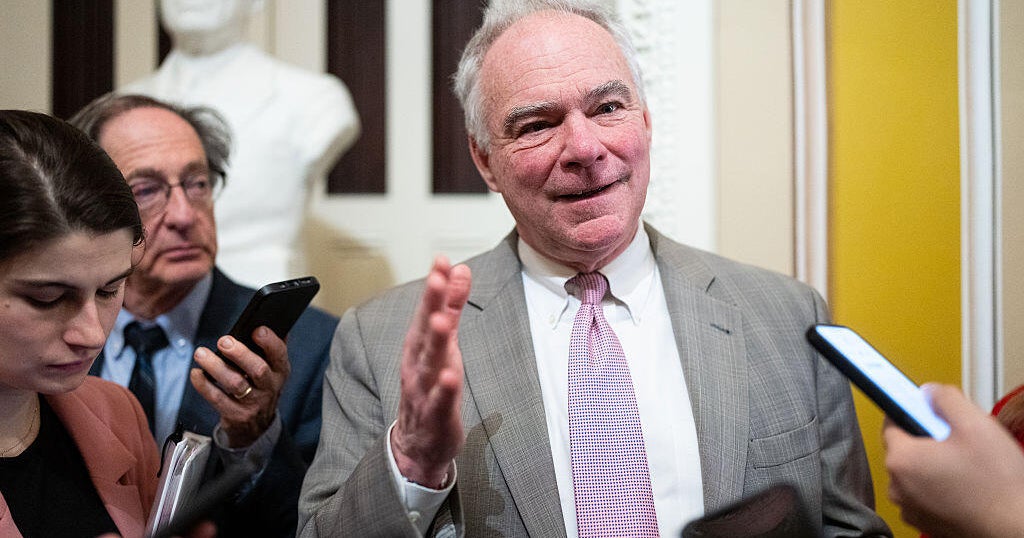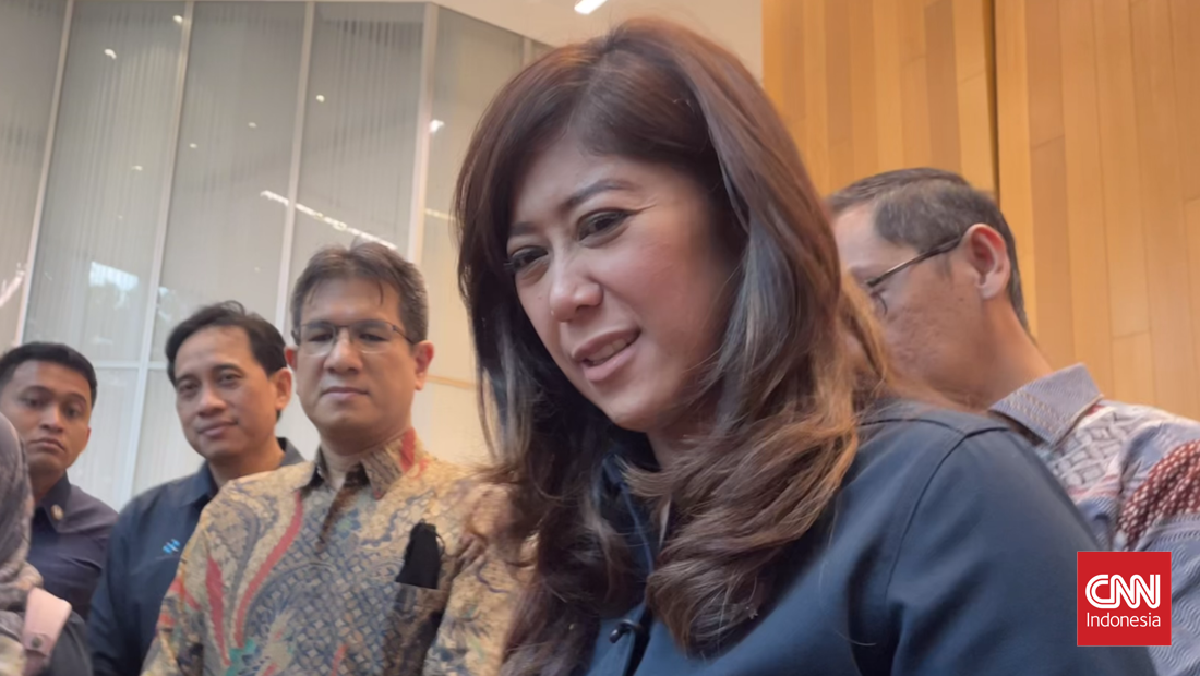Opinion
November 10, 2025 — 5.00am
November 10, 2025 — 5.00am
Forget, for a second, the “radical” policies proposed by New York mayor-elect Zohran Mamdani (that’s a whole other column). Forget about whether you agree precisely with what he believes. What was clear, throughout his campaign, was that he believed something – and, moreover, that he was willing to articulate that belief explicitly, without any hint of shame.
Here, for example, is a snippet from his victory speech: “I am young, despite my best efforts to grow older. I am Muslim. I am a democratic socialist. And most damning of all, I refuse to apologise for any of this.”

Illustration by Jozsef Benke Credit:
This week is the 50th anniversary of the dismissal of Gough Whitlam – perhaps Australia’s most unapologetic politician. Specifically, like Mamdani, he was unapologetic about his beliefs. Noel Pearson, on the occasion of Whitlam’s death, said: “I don’t know why someone with this old man’s upper-middle-class background could carry such a burning conviction that the barriers of class and race … should be torn down and replaced with the unapologetic principle of equality.”
It has struck me as strange, these past few days, just how much attention is still expended on what are seen as the problems with Whitlam’s governing style.
Whitlam’s legacy is arguably greater than that of any other Australian prime minister – both in terms of substantive policy that changed the country and in the way that, through rhetoric, substance and energy, he changed the relationship of Australians to their own country. And yet we are still hearing about the chaos of those years: Whitlam’s character flaws and the lessons of what should not be done.
Loading
For historians and biographers, these are essential points. But in political terms, they make politics sound like a parlour game. Well, yes, Whitlam changed the country; yes, he made things better for millions of Australians then and now … but he didn’t do it in a very orderly way. Or: well, he could have governed for longer. To which Pearson’s rejoinder is surely the best: “There is no need to regret three years was too short. Was any more time needed?”
In a recent speech launching Troy Bramston’s new biography of Whitlam, Anthony Albanese spoke of Whitlam’s achievements and of the importance of permanent change. He spoke, too, of lessons from Whitlam’s reign: “Do not ignore warning signs. Engage and respect colleagues. Understand the dialectical implications of decisions, and be orderly in your decision-making.”
These are all fair points. But at the remove of 50 years, surely the simpler lesson is the better one: that with a clear sense of what you want to achieve, and the ambition to get it done despite significant opposition, you can change the country forever. Or as the Australia Institute’s Amy Remeikis put it on the weekend: that “with some bravery, you can push through change and make it stick”.
One way of thinking about this is in terms of belief – the “burning conviction” that Pearson spoke of. The topic of “belief” has been on my mind, having spent recent months writing a Quarterly Essay on exactly this question: what does Albanese’s government believe? And does political belief matter to voters as much as it once did?
Loading
Mamdani’s victory against the odds – over the objections of much of his party’s establishment – suggests it does. Whitlam’s record of achievement suggests it matters in another way, too: it helps you make things happen.
As I argued last week, the government has had a middling six months. This fact has mostly been lost in the comparison with Liberal chaos. Perhaps even more importantly, the confusion over Liberal belief has obscured the fact that Labor, too, is not exactly a model of clarity right now, on climate or much else (besides Medicare).
This points to a potential danger for Labor. Should the Liberal moderates and conservatives find a way to come together, particularly on climate, with a sharp articulation of what they want to do, Labor could quickly find itself looking like the fuzzier, less sharply defined option. Sometimes, voters are more interested in conviction than the precise details of what you happen to be convinced about. It’s perhaps worth remembering that the two elections in which parties campaigned most heavily on climate were 2007 and 2013 – and that they were won by Kevin Rudd and Tony Abbott, two men preaching opposite gospels. Both, though, left voters in no doubt of what they wanted to do.
As has been widely noted, Whitlam’s strengths were also his weaknesses: he would, in his own words, crash or crash through. In the end, of course, he did both. And this is often the case in politics: what seems to be your advantage often ends up causing your downfall. Inevitably, a politician achieves success by leaning on a particular quality. As time passes, they lean on it too much.
‘We have bowed at the altar of caution, and we have paid a mighty price.’
Zohran MamdaniThis may be the most important lesson Albanese should learn from Whitlam. Albanese’s cautious approach was clearly one factor in Labor’s historic victory earlier this year. Campaigning against a Liberal Party that somehow managed to seem both confused and extreme, Labor presented as the sensible, reasonable choice: the path through the middle, the one that respectfully adhered to the conventions of Australian politics.
With this in mind, some of Mamdani’s words have been ringing in my ears – the ones he delivered right after refusing to apologise for who he was or what he believed. They were about the Democratic Party he belongs to: “If tonight teaches us anything, it is that convention has held us back. We have bowed at the altar of caution, and we have paid a mighty price.”
With a huge parliamentary majority, of course, the same cannot be said of the Australian Labor Party – not yet, anyway.
Sean Kelly is a regular columnist and a former adviser to Julia Gillard and Kevin Rudd. He is the author of Quarterly Essay 100, The Good Fight: What Does Labor Stand For?, published on November 17.
Most Viewed in Politics
Loading


